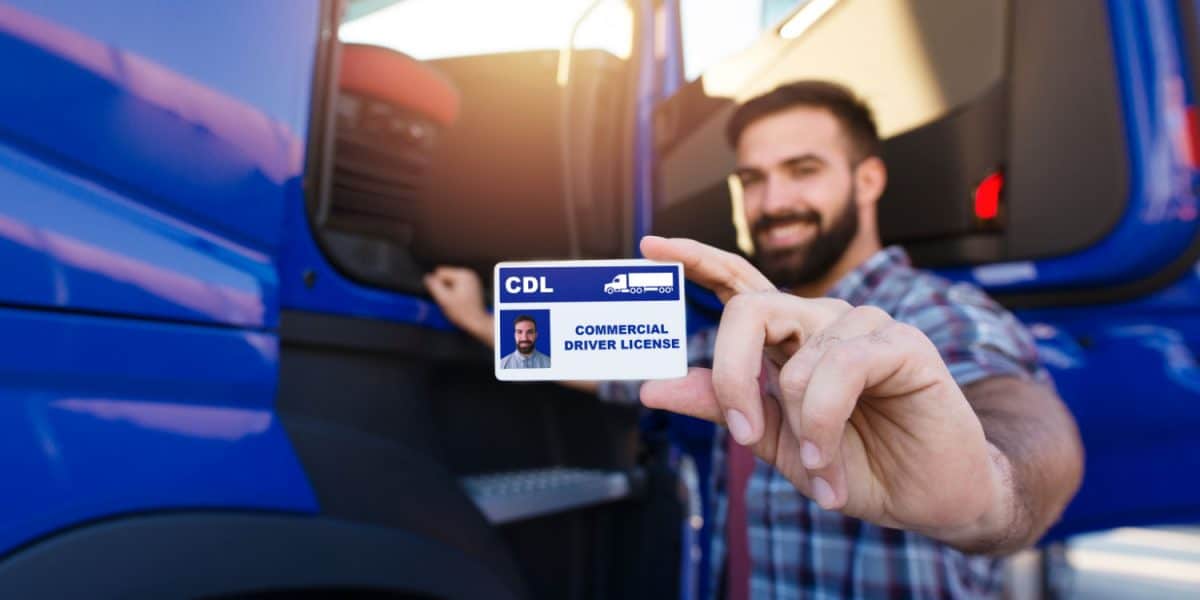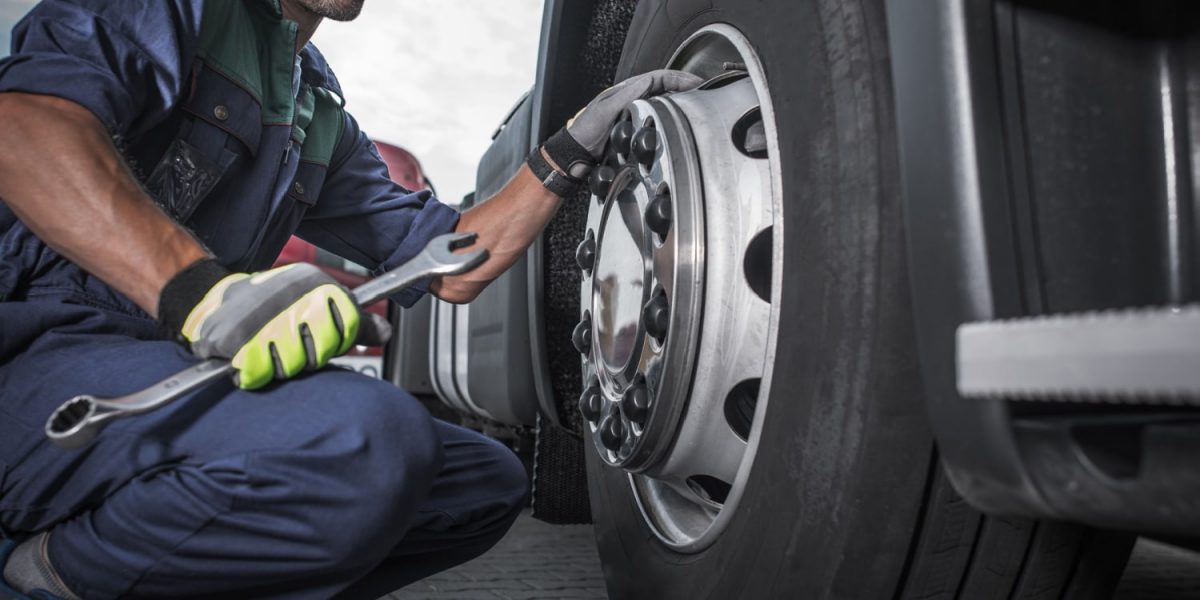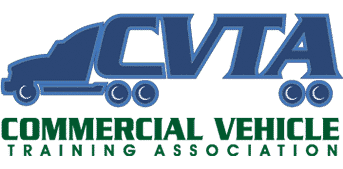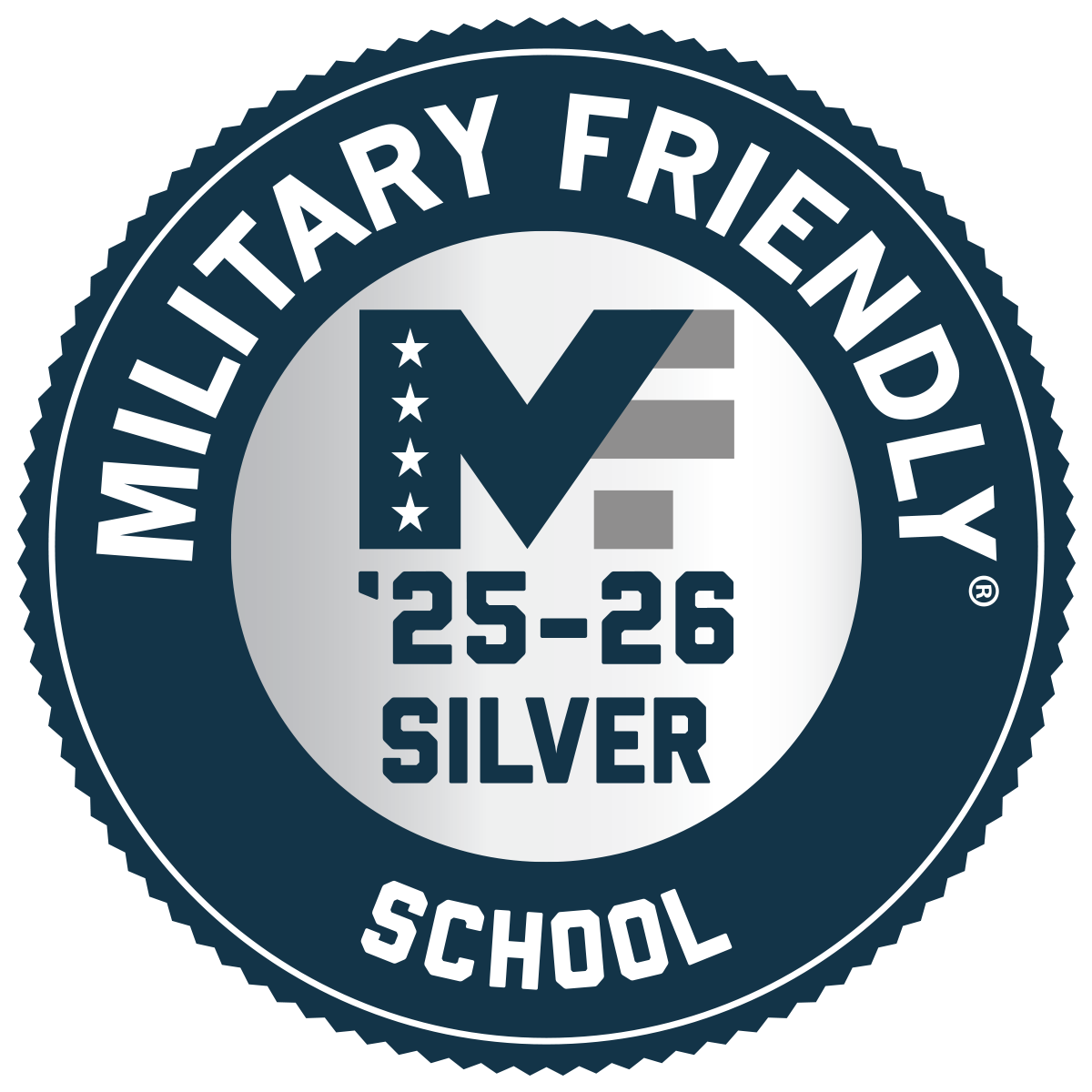From good wages to flexible hours and the opportunity to travel, trucking is a popular and rewarding career choice for many. Here’s an overview of the top 10 benefits of a career in the trucking industry.
1. Job Flexibility
One of the main benefits of a trucking career is the flexibility it provides. As a truck driver, you’ll have the freedom to choose the type of routes you want to drive. This can include long trips to maximize your earning potential and see more of the country, or you can stay close to home and work a local route. You can also choose to work for a variety of different trucking companies so that you can experience a broader range of tasks and loads.
2. Job Security
As the industry is always in need of qualified individuals, another benefit of being a truck driver is the profession offers job security. The demand for experienced and safety-focused drivers continues to rise, making it an ideal choice for people looking for a reliable job.
3. Job Variety
Truck drivers can take on various tasks and loads, offering more job opportunities to keep things interesting. From hauling freight to transporting livestock, there’s always something new to experience with a truck-driving job.
4. Paid Vacation Time
Trucking jobs often provide vacation time and paid holidays. When you spend so much time on the road, paid time off allows drivers to take a break, recharge, and spend time with their families.
5. Great Pay
Another benefit of a career in trucking is that truck drivers can earn a competitive income. Tractor-trailer drivers are, on average, among the highest-paid employees in any sector, earning an average of $58,000 a year, with some positions earning over $70,000 a year. Pay typically increases with years of experience, and bonuses are common for drivers with an excellent safety rating.
6. Professional Growth
Trucking jobs provide opportunities for professional growth, as plenty of additional certifications and training are available such as hazmat, tanker, and doubles/triples endorsements. You can gain experience in various trucking specializations and learn about new technologies that make your job easier and more efficient.
7. Travel Opportunities
Trucking jobs offer many travel opportunities while earning an income. It’s an opportunity to see the breathtaking views of America’s cities, from deserts to mountains and everything in between. As a driver, you’ll be able to experience many different places and meet new people while on the road.
8. Hands-On Learning Opportunities
Working as a semi-truck driver provides valuable hands-on experience that most other job types can’t match. Truck driving is not like a desk job; drivers learn about the truck’s inner workings and how to care for it. They also gain experience navigating the highways and understanding how to handle varying conditions.
9. Community Support
Lastly, the trucking community is incredibly supportive. Drivers often band together and help each other, making it a great place to network. These social interactions can be a great way to make friends and build relationships while still enjoying the independence and freedom of the job.
Enjoy The Benefits of a Trucking Career Today
Above are just a few of the many benefits of being a truck driver. If you are interested in enjoying these advantages and more, you can take the first step toward joining the trucking industry by earning your commercial driver’s license (CDL). At Phoenix Truck Driving Institute, we offer accelerated CDL training and test programs that can get you on the road and earning a paycheck in as little as four weeks.




